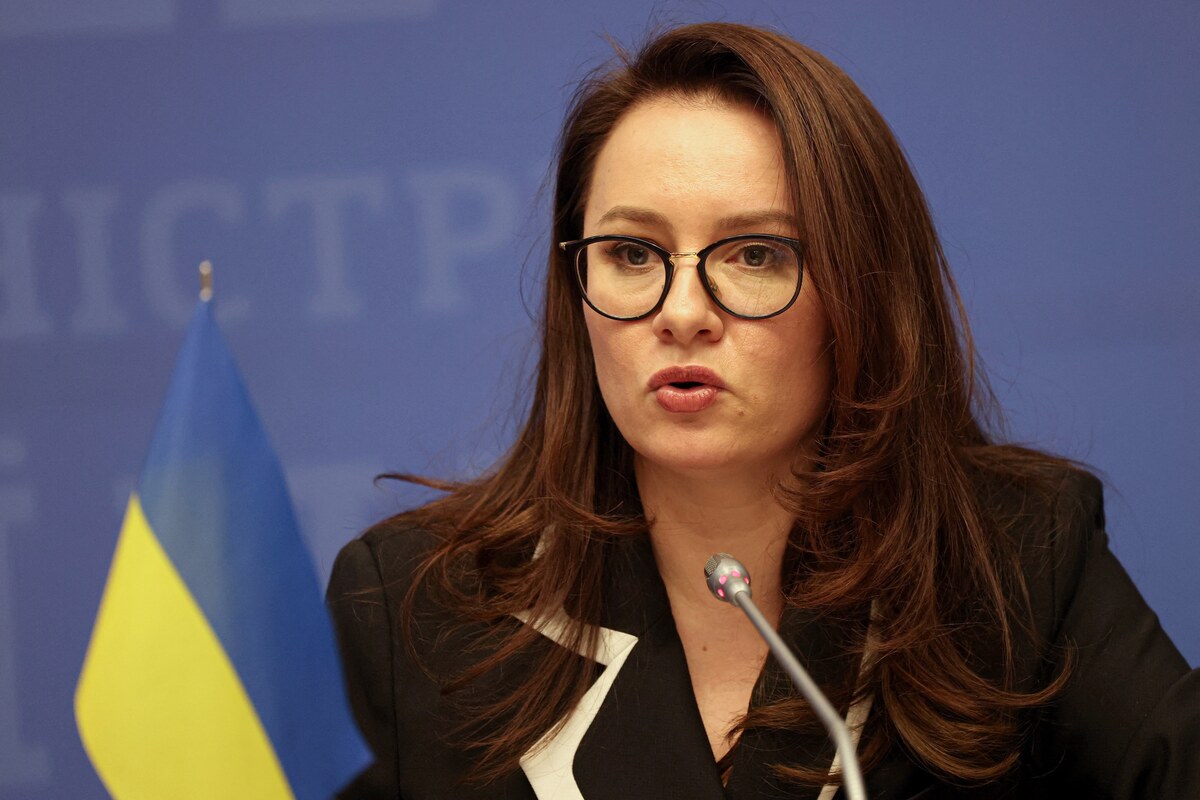RIYADH: Saudi Arabia’s commitment to developing an environmentally friendly logistics sector was highlighted by Minister of State for Foreign Affairs and Climate Envoy Adel Al-Jubeir during a fireside chat at the Global Logistics Forum in Riyadh.
Al-Jubeir outlined the substantial advantages of adopting green practices in logistics, stating, “Being green is profitable. Being environmentally friendly can be extremely lucrative. There’s often confusion stemming from the emotional discussions surrounding climate change; people conflate these emotions with reality. The reality is that investing in renewable energy is highly profitable.”
He also pointed out the efficiency of alternative energy sources, noting, “Ships powered by hydrogen and other alternative fuels are more efficient.” He acknowledged the growing pressure on countries to embrace sustainable practices but reassured that the shift toward environmental responsibility is beneficial because “it pays.”
According to a report by McKinsey & Co., the global green logistics industry is projected to grow significantly from $50 billion in 2025—about 2 percent of total logistics spending—to $350 billion by 2030, representing 15 percent of the broader sector.
A report from SAP, a German multinational software company, further supports this trend, indicating that green logistics enhances long-term profitability. “While initial investments are necessary to realize the benefits of green logistics, the long-term gains far exceed the costs,” the report stated.
Al-Jubeir concluded by underscoring the importance of efficiency in the logistics sector, emphasizing its critical role in achieving success in a competitive global marketplace.
“Efficiency is critical. The saying goes, ‘the future belongs to the efficient,’” stated Al-Jubeir, emphasizing that a company's ability to produce, package, transport, and market goods efficiently directly influences its sales performance.
He underscored the importance of optimizing every aspect of the logistics process, from the efficiency of ships and ports to the speed of loading and unloading containers and delivering goods to consumers. “Companies will become more efficient because that drives profit,” he added, linking operational efficiency to both commercial success and environmental sustainability.
Al-Jubeir also highlighted a global trend toward increased integration. While acknowledging potential conflicts at the micro level between specific countries or sectors, he stressed that the overarching historical trajectory is one of growing interconnectedness. “The world is more connected today than it ever has been, and it will continue to be as we move forward,” he asserted.
Despite the turbulence accompanying major transitions, such as the current shift from the information age to a post-information era, he expressed confidence in humanity’s capacity to adapt and solve problems. He pointed out that, throughout history, societies have consistently managed to progress despite disagreements and challenges.
Moreover, Al-Jubeir emphasized the importance of embracing diversity and cooperation in a multicultural world. He argued that shared universal values should foster mutual respect rather than the imposition of values on others.
In discussions surrounding trade and multilateral issues, he noted that disagreements often arise from a focus on competition rather than collaboration. “We need to focus on the problem and find solutions,” he said, expressing optimism that with the right technology, capital, and collective effort, the global community is well-equipped to tackle its challenges.
In another panel titled “The Resilience of Logistics Services in the Face of Disruption in the Red Sea,” top officials addressed the impacts of instability in one of the world’s most crucial maritime routes.
Rumaih Al-Rumaih, vice minister of transport and logistic services, underscored the importance of resilience in global trade routes, especially in light of recent disruptions in the Red Sea.
“The Red Sea is one of the main arteries for global trade,” Al-Rumaih explained, noting that disruptions in this vital route can have significant local, regional, and global repercussions. He highlighted the rise in maritime freight costs and the extended travel times as vessels are forced to reroute around the Cape of Good Hope, which can add up to 15 days to their journeys.
Reflecting on lessons learned from the COVID-19 pandemic, Al-Rumaih stated: “We should not take things for granted,” emphasizing that the Kingdom is now better equipped to handle such disruptions. He also discussed Saudi Arabia’s initiatives to diversify its logistics and transport networks to reduce reliance on any single route.
He pointed to the increased utilization of Gulf ports during the Red Sea disruptions and emphasized the Kingdom’s robust road and rail connectivity, which has played a crucial role in mitigating the impact of these challenges.
Osama Rabiee, chairman and managing director of the Suez Canal Authority, echoed concerns regarding significant disruptions faced by the canal. He reported that delays in shipments and rerouted vessels have caused Suez Canal revenues to drop from $9.4 billion last year to $7.2 billion.
Rabiee also highlighted the environmental implications, noting that ships traveling longer routes burn more fuel, which contributes to higher emissions. Despite these challenges, he affirmed the ongoing safety and reliability of the Suez Canal, stating, “The Suez Canal remains the safest and shortest route for global maritime traffic.”
Bud Darr, executive vice president of Maritime Policy and Government Affairs at MSC Group, addressed the broader challenges facing the shipping industry due to regional instability. “I don’t think anyone could say we’re on a pathway towards de-escalation in the region,” Darr remarked, emphasizing that the safety of seafarers influenced MSC’s decision to reroute vessels.
He pointed out the environmental and operational costs associated with longer routes, including increased emissions and impacts on service reliability and capacity.
Darr stressed the importance of building resilience into the supply chain, revealing that MSC had invested in additional capacity even before the current disruptions, enabling the company to adapt more effectively. “It’s not about the bare minimum; it’s about being ready for the next Black Swan event,” he added.
























